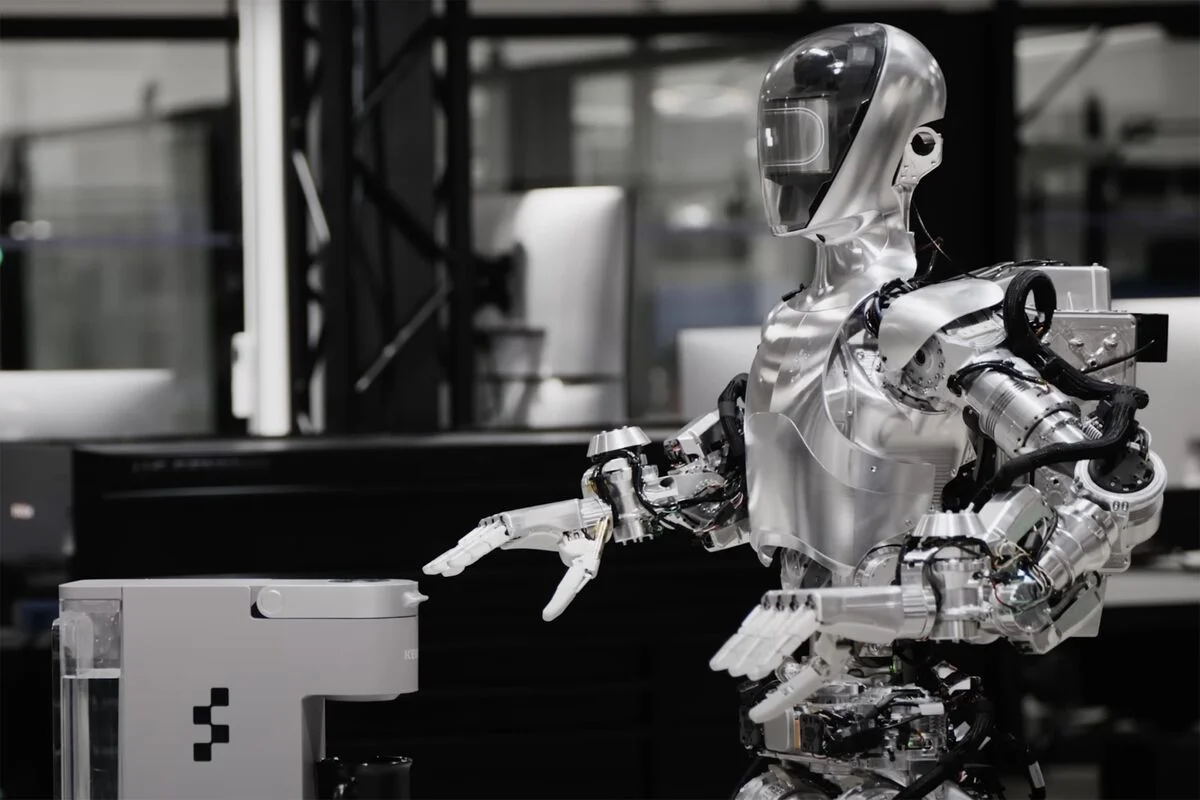Introduction
Artificial Intelligence (AI) stands at the forefront of technological innovation, driving transformative changes across industries and reshaping the fabric of society. In this blog post, we’ll delve into 10 detailed reasons why the importance of Artificial Intelligence is Crucial in today’s dynamic landscape:
Follow us on LinkedIn for everything around Semiconductors & AI
Exponential Technological Advancements:
The pace of AI innovation is unparalleled, with breakthroughs occurring at an astonishing rate. From advancements in deep learning algorithms to the proliferation of AI-powered applications, staying abreast of these developments is essential for businesses and individuals alike to remain competitive and seize emerging opportunities.
Societal Impact and Transformation:
AI has the potential to revolutionize virtually every aspect of human life, from healthcare and education to transportation and entertainment.
For instance, AI-driven healthcare systems can enhance diagnostic accuracy, optimize treatment plans, and improve patient outcomes.
Understanding the far-reaching implications of Artificial intelligence is crucial for policymakers, businesses, and individuals to navigate its transformative impact effectively.
Read More:5 Must Watch Talks on Semiconductor Industry: Opportunities and Future – techovedas
Corporate Embrace of AI:
Major tech corporations, including Google, Amazon, and Microsoft, have made AI a top priority in their strategic agendas.
This shift underscores the significance of AI in driving innovation, enhancing operational efficiency, and unlocking new revenue streams.
Companies are investing heavily in AI research and development. They aim to capitalize on opportunities presented by this disruptive technology.
Talent Shortage in AI:
The rapid proliferation of AI has increased demand for skilled professionals. Proficiency in data science, machine learning, and AI is sought after. Employers require expertise in these areas to drive AI initiatives. This demand reflects the growing importance of AI across industries.
Securing skills in AI can lead to lucrative career opportunities.
The scarcity of AI talent presents a formidable obstacle for organizations aiming to leverage its capabilities.
Addressing this talent gap through education, training programs, and talent acquisition strategies is essential for fostering AI-driven innovation.
Dispelling Misconceptions and Fostering Acceptance:
Despite its benefits, AI faces skepticism due to fears of job loss and bias.
Educating the public about AI’s capabilities, limitations, and ethical considerations. Artificial intelligence is crucial for fostering acceptance and building trust in AI-driven technologies.
Augmented Intelligence:
Rather than replacing humans, AI has the potential to augment human capabilities, leading to more efficient and productive outcomes.
By automating repetitive tasks, analyzing vast datasets, and providing actionable insights, AI enables individuals and organizations to focus on higher-value tasks and decision-making processes.
Knowledge Sharing and Collaboration:
Collaboration between diverse stakeholders, including researchers, policymakers, industry leaders, and the general public, is essential for advancing AI in a responsible and inclusive manner.
By sharing knowledge, best practices, and resources, we can collectively address the technical, ethical, and societal challenges associated with AI adoption and deployment.
Read More: How Nanoimprint Lithography Can Revolutionize Manufacturing – techovedas
Ethical Considerations and Responsible AI:
As AI becomes increasingly integrated into various facets of society, addressing ethical concerns surrounding privacy, bias, transparency, and accountability is paramount.
Establishing robust ethical frameworks, regulatory guidelines, and governance mechanisms is essential for ensuring the responsible development and deployment of AI technologies.
Global Collaboration and Innovation:
AI development should transcend geographical boundaries and foster international collaboration to address complex challenges and promote inclusive growth.
By leveraging diverse perspectives, expertise, and resources from around the world, we can accelerate AI innovation and unlock its full potential to address global challenges, such as climate change, healthcare disparities, and socioeconomic inequalities.
Read More: What is Computational Lithography – techovedas
Economic Growth and Competitiveness:
Embracing AI technologies can stimulate economic growth by driving productivity gains, fostering innovation, and creating new job opportunities.
By investing in AI research, infrastructure, and talent development, countries and organizations can enhance their competitive advantage in the global marketplace and position themselves as leaders in the AI-driven economy.
Read more:The Evolution of Processors: From Single-Core to Heterogeneous Architectures – techovedas
Conclusion
In conclusion, the importance of artificial intelligence cannot be overstated in today’s interconnected world. From driving technological innovation and societal transformation to addressing ethical considerations and fostering global collaboration, AI presents a myriad of opportunities and challenges. By embracing AI responsibly, collaboratively, and ethically, we can harness its potential to drive positive change and shape a more inclusive, equitable, and sustainable future for all.




